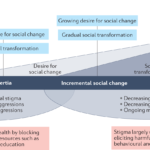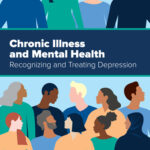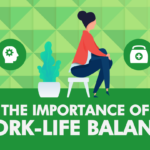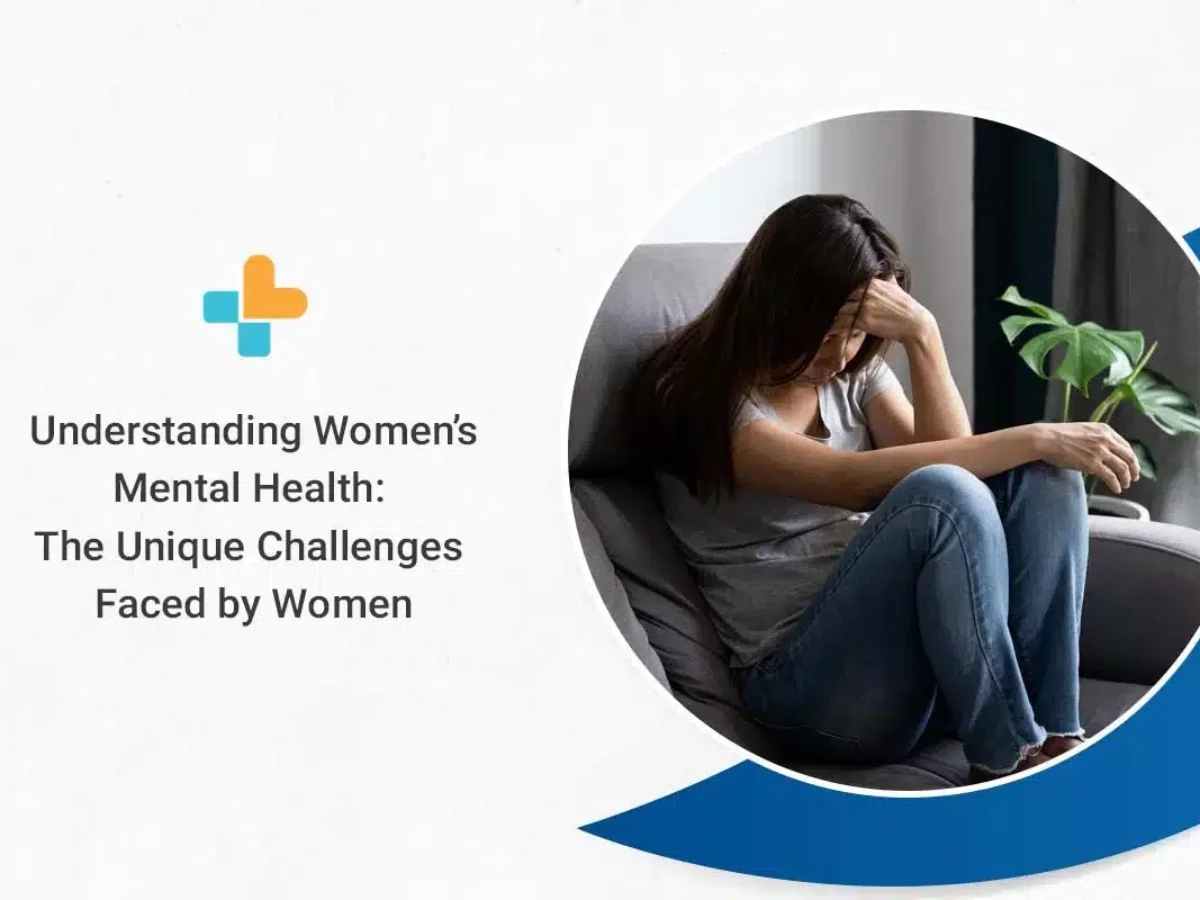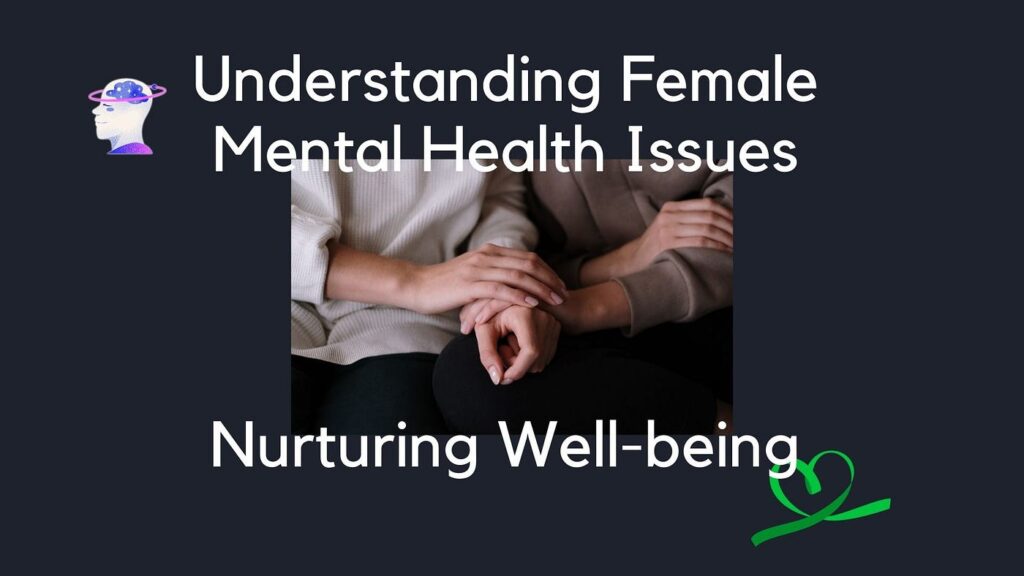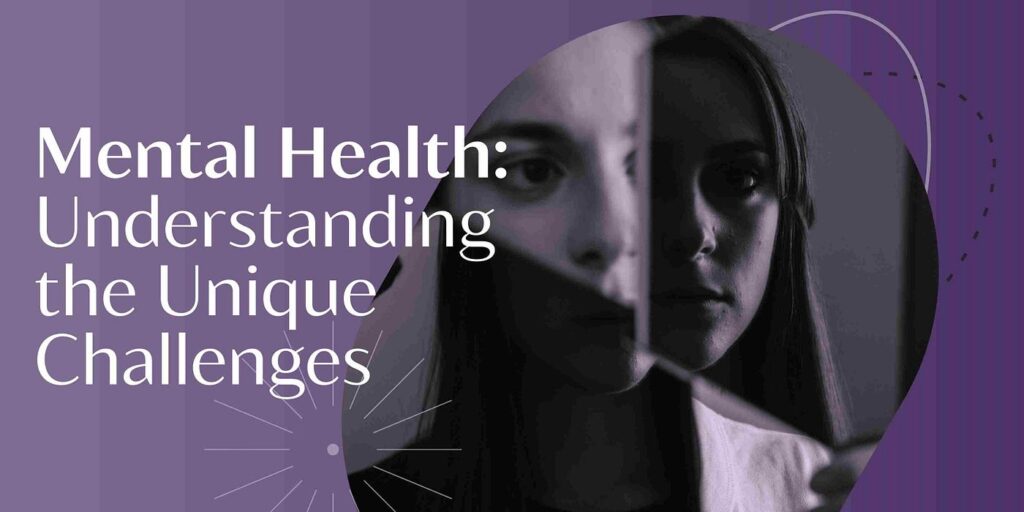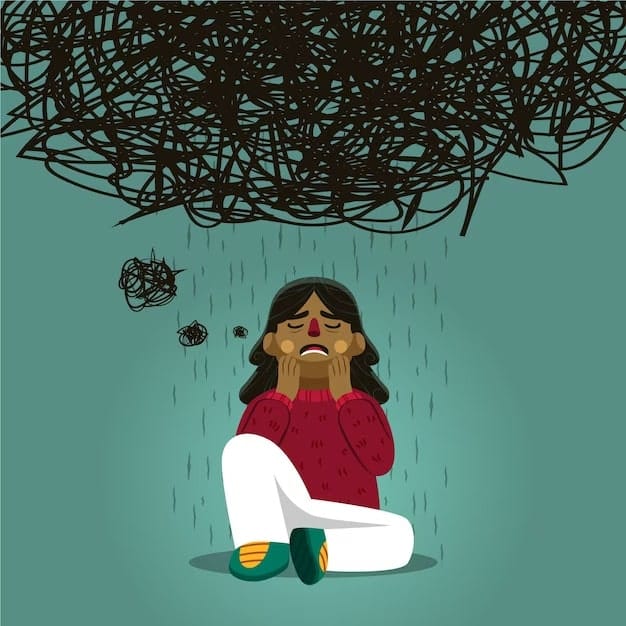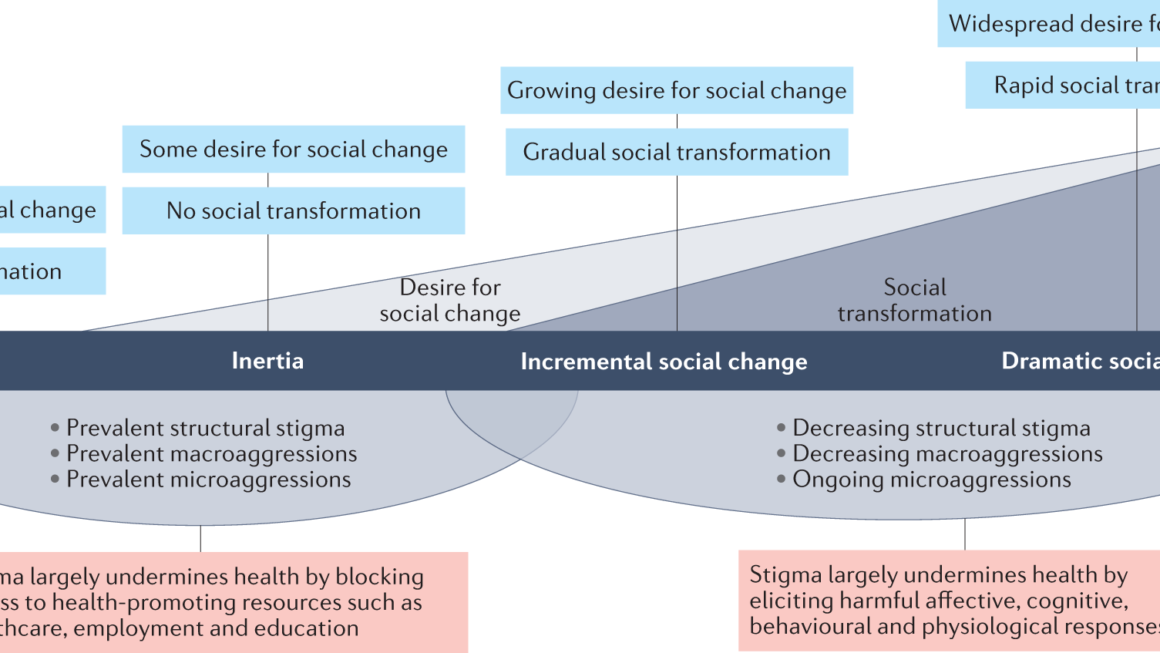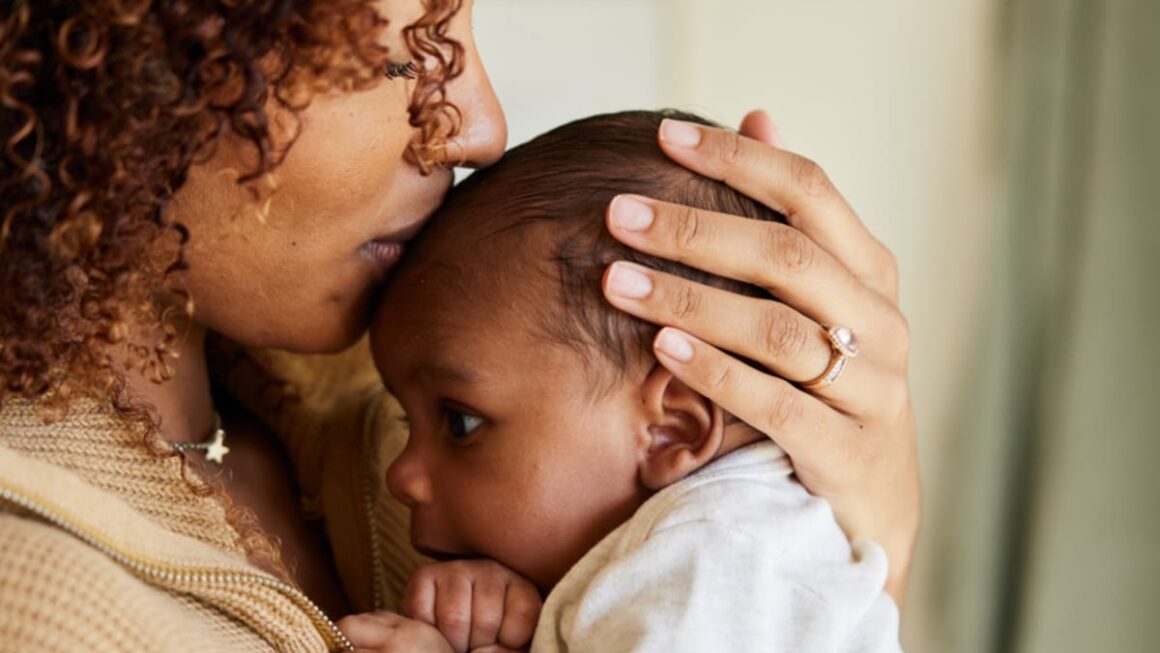In this article, we will explore the various mental health challenges that women commonly encounter. From stress and anxiety to depression and body image struggles, women face unique and complex obstacles to their mental well-being. By understanding these challenges, we can better support and advocate for the mental health needs of women around the world. Let’s delve into the fascinating world of women’s mental health and discover ways to foster a healthier future for all.
Understanding the Mental Health Challenges Faced by Women
As women navigate through various stages of life, they encounter unique mental health challenges that are influenced by biological, sociocultural, and gender-related factors. It is crucial to understand and address these challenges to ensure the well-being of women.
Gender and Mental Health
Gender plays a significant role in mental health, as women often face different challenges compared to men. Societal expectations, gender roles, and cultural beliefs contribute to women’s mental health experiences. Understanding the intersection between gender and mental health is essential in providing appropriate support and care for women.
Factors Influencing Women’s Mental Health
Several factors influence women’s mental health. Biological factors such as hormonal shifts during the menstrual cycle, perimenopause, and menopause can affect mood and psychological well-being. Sociocultural factors, including societal expectations, gender roles, and discrimination, can also contribute to mental health challenges. Additionally, traumatic experiences, substance abuse, and the unique challenges faced by sexual and gender minority women further impact mental health.
The Prevalence of Mental Health Disorders among Women
Mental health disorders are prevalent among women, with significant impacts on their overall well-being. According to studies, women are more likely than men to experience depression, anxiety disorders, eating disorders, and postpartum depression. Understanding the prevalence of these disorders is crucial in addressing women’s mental health needs.
Gender-related Risk Factors for Mental Health Issues
Women face specific risk factors that contribute to the development of mental health issues. These risk factors include gender-based violence, unequal power dynamics, societal expectations related to appearance and motherhood, and the burden of multiple roles such as caregiver and breadwinner. Recognizing and addressing these risk factors is essential in promoting women’s mental health.
Sociocultural Factors Affecting Women’s Mental Health
Sociocultural factors greatly influence women’s mental health. Cultural and religious beliefs, societal norms, and expectations shape women’s experiences and perceptions of mental health. Stigma and discrimination related to mental health can prevent women from seeking help and support. Understanding sociocultural influences is crucial in providing culturally competent mental health interventions.
Common Mental Health Challenges for Women
Women face various common mental health challenges throughout their lives. Some of these challenges include depression, anxiety disorders, eating disorders, postpartum depression, trauma and PTSD, and substance abuse and addiction. Each of these challenges has its unique complexities and requires tailored interventions for effective management.
Depression and Anxiety Disorders
Depression and anxiety disorders are prevalent among women, affecting their overall well-being. Women are more likely to experience major depression and generalized anxiety disorder compared to men. These conditions can significantly impact daily functioning, relationships, and quality of life. It is essential to provide comprehensive support and treatment options for women struggling with these challenges.
Eating Disorders and Body Image Issues
Eating disorders, such as anorexia nervosa and bulimia nervosa, disproportionately affect women. Societal pressure to adhere to narrow beauty standards contributes to body image issues, which can lead to disordered eating behaviors. Addressing body image concerns and promoting a healthy relationship with food and body image is crucial in supporting women’s mental health.
Postpartum Depression and Maternal Mental Health
The period following childbirth is a vulnerable time for women’s mental health. Postpartum depression, anxiety, and other mood disorders can significantly impact a woman’s well-being and the bonding and development of the mother-infant relationship. Early identification and intervention, along with social support, are critical in addressing postpartum mental health challenges.
Trauma and PTSD in Women
Women are more likely than men to experience traumatic events and develop post-traumatic stress disorder (PTSD). Gender-based violence, including sexual assault and domestic violence, increases the risk of trauma and PTSD. Creating trauma-informed and gender-responsive services is essential for supporting women who have experienced trauma.
Substance Abuse and Addiction in Women
The prevalence of substance abuse and addiction among women is a concerning issue. Women may turn to substances as a coping mechanism for underlying mental health challenges or as a result of societal pressures and traumatic experiences. Addressing the root causes of substance abuse and providing comprehensive treatment options are crucial for promoting women’s recovery and well-being.
Impact of Menstrual Cycle on Mental Health
The menstrual cycle has a significant impact on women’s mental health. Hormonal fluctuations throughout the cycle can contribute to mood changes, irritability, and increased vulnerability to mental health disorders. Understanding the influence of the menstrual cycle and providing support during challenging times is essential for women’s mental well-being.
Perimenopause and Menopause-related Mental Health Issues
Perimenopause and menopause bring about hormonal changes that can impact women’s mental health. Symptoms such as mood swings, irritability, and sleep disturbances can significantly affect quality of life. Creating awareness about these changes and providing appropriate support and resources are crucial for women transitioning through this life stage.
Effect of Hormonal Changes on Mental Health
Hormonal changes throughout a woman’s life can impact mental health. From puberty to pregnancy and menopause, hormonal fluctuations can influence mood, cognition, and emotional well-being. Understanding these effects and ensuring comprehensive support and treatment options are essential for women’s mental health.
Challenges Unique to Sexual and Gender Minority Women
Sexual and gender minority women face unique challenges that can impact mental health. Discrimination, social exclusion, and internalized stigma can contribute to increased rates of depression, anxiety, substance abuse, and suicidal ideation. Culturally competent and inclusive mental health services are crucial in supporting the specific needs of sexual and gender minority women.
The Influence of Cultural and Religious Beliefs
Cultural and religious beliefs play a significant role in women’s mental health experiences. These beliefs shape societal norms, expectations, and attitudes towards mental health. Understanding the influence of cultural and religious beliefs is essential in providing culturally sensitive mental health care that respects diverse perspectives and experiences.
Intersectionality and Mental Health Challenges
Intersectionality recognizes that women’s mental health is influenced by multiple factors, including gender, race, ethnicity, socioeconomic status, and sexual orientation. These intersecting identities can contribute to unique mental health challenges and disparities in access to care. Taking an intersectional approach is crucial in addressing the diverse needs and experiences of women.
Barriers to Accessing Mental Health Support for Women
Several barriers hinder women’s access to mental health support. Stigma and discrimination associated with mental health can prevent women from seeking help. Lack of awareness, inadequate knowledge, and limited resources can also contribute to the underutilization of mental health services. Identifying and addressing these barriers are vital in ensuring equitable access to care.
Stigma and Discrimination in Women’s Mental Health
Stigma and discrimination surrounding women’s mental health create significant barriers to seeking help and receiving appropriate care. Society’s expectations and norms often discourage women from openly discussing their mental health challenges, leading to feelings of shame and isolation. Combating stigma and promoting mental health awareness are essential in creating supportive environments for women.
Lack of Awareness and Knowledge of Mental Health Issues
Many women lack awareness and knowledge about mental health issues, preventing early recognition and intervention. Education and awareness campaigns can help empower women to understand and address their mental health concerns. By promoting mental health literacy, women can better recognize the signs and seek support when needed.
Societal Expectations and Gender Roles
Societal expectations and traditional gender roles can place immense pressure on women, impacting their mental health. Balancing multiple roles, such as being a caregiver, homemaker, and professional, can be challenging and overwhelming. Challenging rigid gender norms and promoting gender equality are vital in alleviating these pressures and supporting women’s mental well-being.
Disparities in Healthcare and Treatment
Disparities in healthcare and treatment further exacerbate women’s mental health challenges. Women from marginalized communities often face barriers such as limited access to affordable care, language barriers, and cultural insensitivity. Addressing these disparities requires a comprehensive approach that considers the unique needs and experiences of diverse women.
Addressing the Mental Health Needs of Women
Recognizing and addressing women’s mental health challenges is crucial for promoting their overall well-being. Multiple strategies can help support women in attaining optimal mental health and seeking appropriate help when needed.
Promoting Mental Health Education and Awareness
Raising awareness about women’s mental health issues is essential in promoting early recognition and intervention. Educational campaigns, workshops, and community outreach programs can empower women with knowledge and resources to address their mental health concerns.
Improving Access to Mental Health Services
Increasing accessibility to mental health services is crucial for women who face numerous barriers when seeking help. This includes providing affordable care, eliminating language barriers, and ensuring culturally competent services. Collaborating with community organizations and healthcare providers can expand access to mental health support for women.
Creating Gender-inclusive and Non-stigmatizing Spaces
Creating safe and inclusive spaces is essential for women to feel comfortable seeking mental health support. This includes challenging gender norms, promoting diverse representations, and addressing stigma and discrimination. By creating welcoming environments, women can feel empowered to share their experiences and seek the help they need.
Supporting Women in Seeking Help and Treatment
Encouraging and supporting women in seeking help for their mental health challenges is crucial. This involves reducing stigma, providing resources and information, and fostering a supportive network. Busting myths and misconceptions about mental health can empower women to reach out for assistance.
Recognizing and Addressing Intersectionality
Taking an intersectional approach in addressing women’s mental health challenges is fundamental. Recognizing the diverse experiences and needs of women based on various intersecting factors such as race, ethnicity, and sexual orientation is critical for targeted and effective interventions. Ensuring inclusivity and equity in mental health services is paramount.
Empowering Women in decision-making processes
Empowering women in decision-making processes related to their mental health is essential for autonomy and well-being. This includes involving women in treatment planning, policy development, and advocacy efforts. By amplifying women’s voices and choices, mental health interventions can be more person-centered and effective.
Developing Culturally Competent Mental Health Interventions
Developing culturally competent mental health interventions is vital for providing effective support to women. Recognizing and respecting cultural beliefs, practices, and values is crucial in delivering care that aligns with women’s diverse backgrounds. Collaborating with culturally specific organizations and professionals can enhance the effectiveness of mental health interventions.
By understanding the mental health challenges uniquely experienced by women, we can create an environment that promotes their health and well-being. It is crucial to address these challenges holistically, considering biological, sociocultural, and gender-related factors. By promoting awareness, improving access to care, and creating supportive spaces, we can empower women to prioritize their mental health and live fulfilling lives.
